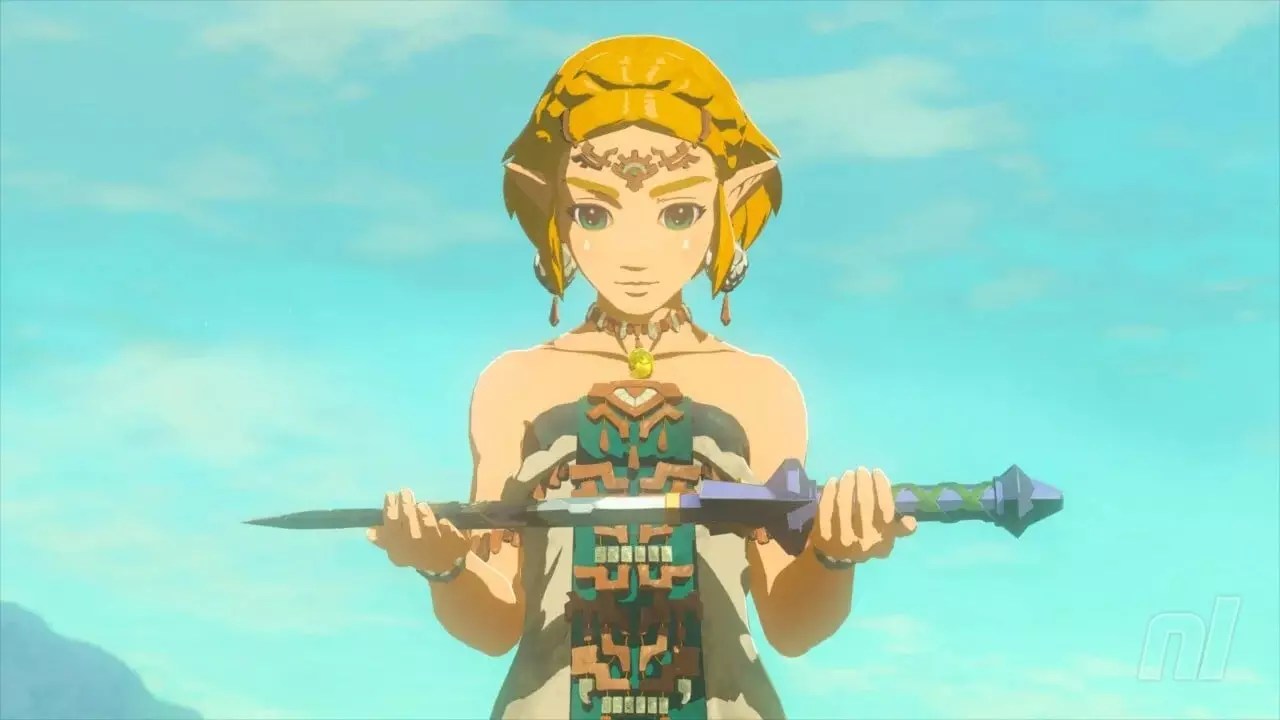During the extensive planning and development stages of a video game, it is common for titles to undergo various changes. In the case of The Legend of Zelda: Tears of the Kingdom, an alternate title, Tears of the Dragon, was seriously considered at one point in time. The game’s producer, Eiji Aonuma, disclosed this information in the new Zelda art book ‘Master Works’.
It was revealed that there were reservations about using the title Tears of the Dragon as it might inadvertently emphasize the Light Dragon character, potentially spoiling a significant plot point. Aonuma expressed that including the keyword ‘Dragon’ in the title could lead to unwanted implications. However, the team still wanted to incorporate dragon patterns in the logo design.
As the development time was dwindling and no other suitable titles were emerging, a team member suggested integrating the word “Kingdom” into the title. This led to the final decision to name the game ‘Tears of the Kingdom’. Not only did this choice allow for the desired dragon patterns in the logo, but it also maintained a subtle connection to the Light Dragon character.
Despite finalizing the title as ‘Tears of the Kingdom’, Nintendo opted to withhold an official announcement to avoid revealing too much about the game. This decision added an element of mystery and intrigue for fans eagerly anticipating the release of the new installment in The Legend of Zelda series.
Exploring the Changes
Aside from the alteration in the game’s title, Tears of the Kingdom: Master Works promises to provide fans with a wealth of additional information and trivia. The art book delves into various gameplay elements, such as the Ultrahand and the final boss battle, offering readers a deeper insight into the development process and creative decisions behind the game.
What are your thoughts on the evolution of the title, from Tears of the Dragon to Tears of the Kingdom? Do you believe the final choice was the right one, considering the concerns about potential spoilers and the desire to maintain a connection to key elements in the game? Share your opinions and reflections on this intriguing development in The Legend of Zelda series.


Leave a Reply